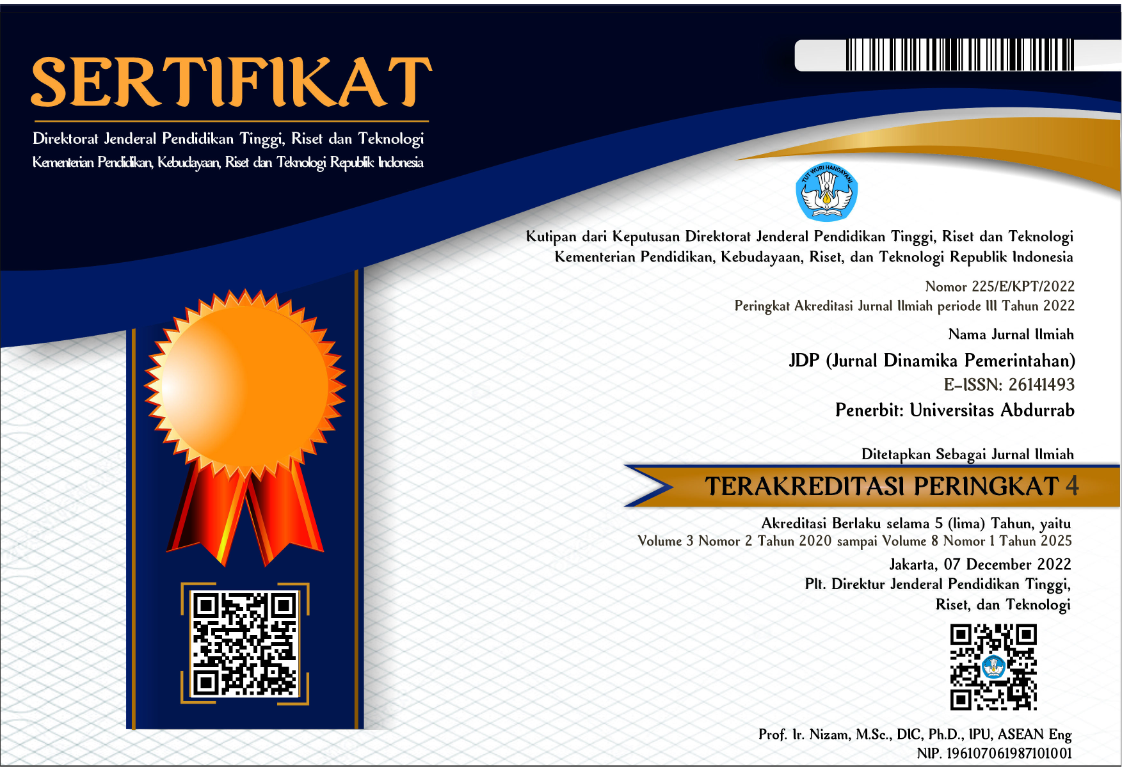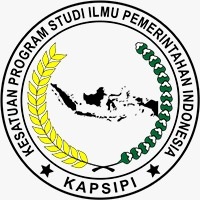Peran Global Qurban Aksi Cepat Tanggap Indonesia dalam Menyalurkan Bantuan Kemanusiaan Transnasional
DOI:
https://doi.org/10.36341/jdp.v3i1.1178Keywords:
Global Qurban, Aksi Cepat Tanggap, Indonesia, Transnational Advocacy Network.Abstract
The research explores how the role of Aksi Cepat Tanggap (ACT) Indonesia and Global Qurban as one of its flagship programs at the global level. ACT is a professional non-profit organization that focuses on humanitarian work due to natural disasters and humanitarian conflicts. ACT's working area on a global scale begins with gait in every humanitarian tragedy in various parts of the world such as natural disasters, hunger and drought, conflict and war, including the suppression of minority groups of various countries. This study applies qualitative approach. This type of research is classified into Phenomenological research which seeks meaning from a social reality from a human point of view within it—Aksi Cepat Tanggap. This study applies six conceptual approaches on exploring the research findings on Global Qurban Aksi Cepat Tanggap from the point of view of (i) social movements, (ii) the international society, (iii) development, regimes and policies, (iv) socioeconomics, (v) the use of social media, and the perspectives of (vi) transnational advocacy networks. The results of this study indicate that humanitarian assistance—and also humanitarian issues—is still being major trends in the dynamics of transnational organizations discourses. In addition, the use of social media is considered necessary to determine the development and progress of a transnational advocacy network.
Downloads
Downloads
Published
Issue
Section
License
1. Copyright of all journal manuscripts is held by the JDP (Jurnal Dinamika Pemerintahan)
2. Formal legal provisions to access digital articles of electronic journal are subject to the provision of the Creative Commons Attribution-ShareAlike license (CC BY-NC-SA), which means that JDP (Jurnal Dinamika Pemerintahan) is rightful to keep, transfer media/format, manage in the form of databases, maintain, and publish articles.
3. Published manuscripts both printed and electronic are open access for educational, research, and library purposes. Additionally, the editorial board is not responsible for any violations of copyright law.
licensed under a Creative Commons Attribution-ShareAlike 4.0 International License.













